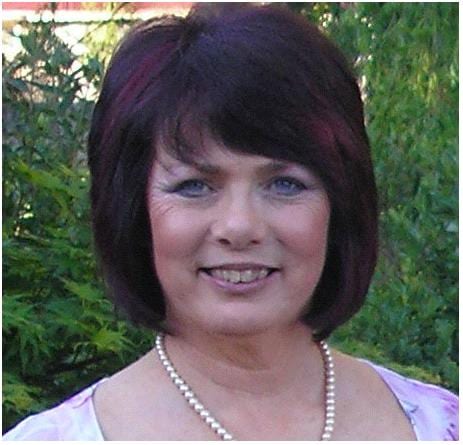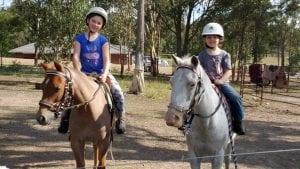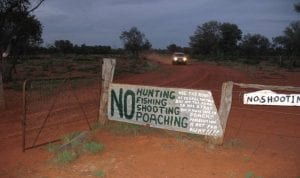Written by Julia Werren
When I first met Associate Professor Elaine Barclay it was immediately clear she is passionate about criminology issues in rural and regional areas. Her interest was piqued when she married into a farming family in the picturesque NSW town of Moree. After many years working on the family farm, due to circumstances out of the family’s control, the farm had to be sold. Elaine needed a Plan B.
Elaine decided to enrol in a psychology degree at UNE. After this degree was completed she started working for UNE’s Institute of Rural Futures. She quickly realised issues relating to rural crime were being ignored by other Australian scholars. She decided to remedy this. As soon as she started working in this area, her research received a lot of media attention and was even featured on Landline!
Due to Elaine’s (and others) efforts in highlighting rural crime issues, this area of study and awareness has grown exponentially. One example of this is when Elaine first started researching in this area there was 1 police officer in New South Wales working on livestock theft in rural areas. Now there are 45!
As you can imagine, the legal issues which are relevant to rural crime are extensive. One example is agricultural theft which is increasingly becoming a problem not just locally but also transnationally. It is not only in traditional rural areas where agricultural crime issues are a problem. There is also a black market in illegal fishing. There are even issues relating to the theft of water!
Elaine’s passion for these issues is contagious and this is why she was recently compelled by one of the rural crime groups she works with to organise this conference.
As with many issues we face as a society, there is a gap and a lack of communication between the different stakeholders. This conference will give all entities an opportunity to work together and talk about the relevant issues.
Elaine argues that there is a need for ‘bottom up’ regulation. This means farmers should be at the forefront of the decision making process. This is especially important as the protection of the natural environment is so important to the success of farming businesses.
Another issue which will be discussed at the conference is trespass and illegal hunting. The increasing popularity of hunting feral pig and goats as well as kangaroos has led to an increasing number of hunters travelling thousands of kilometres from cities to remote rural areas to hunt illegally on private land. Areas with natural wetlands for example, are ideal for hunting feral pigs . Aside from the obvious issues relating to trespass to land, illegal hunters are less likely to be vigilant about only culling kangaroos in accordance with the relevant regulations.
Sometimes allowing tourists and enthusiasts to hunt on private land can be a win win situation. You see, controlled hunting may help farmers control pest animals whilst also allowing hunters to enjoy their sport. Hunters can also keep an eye on what is happening on a large farm and report this back to the landowner. Clearly though this activity needs to be organised and consented to, even if only informally.
Thank you Elaine for sharing some rural crime issues with us!





